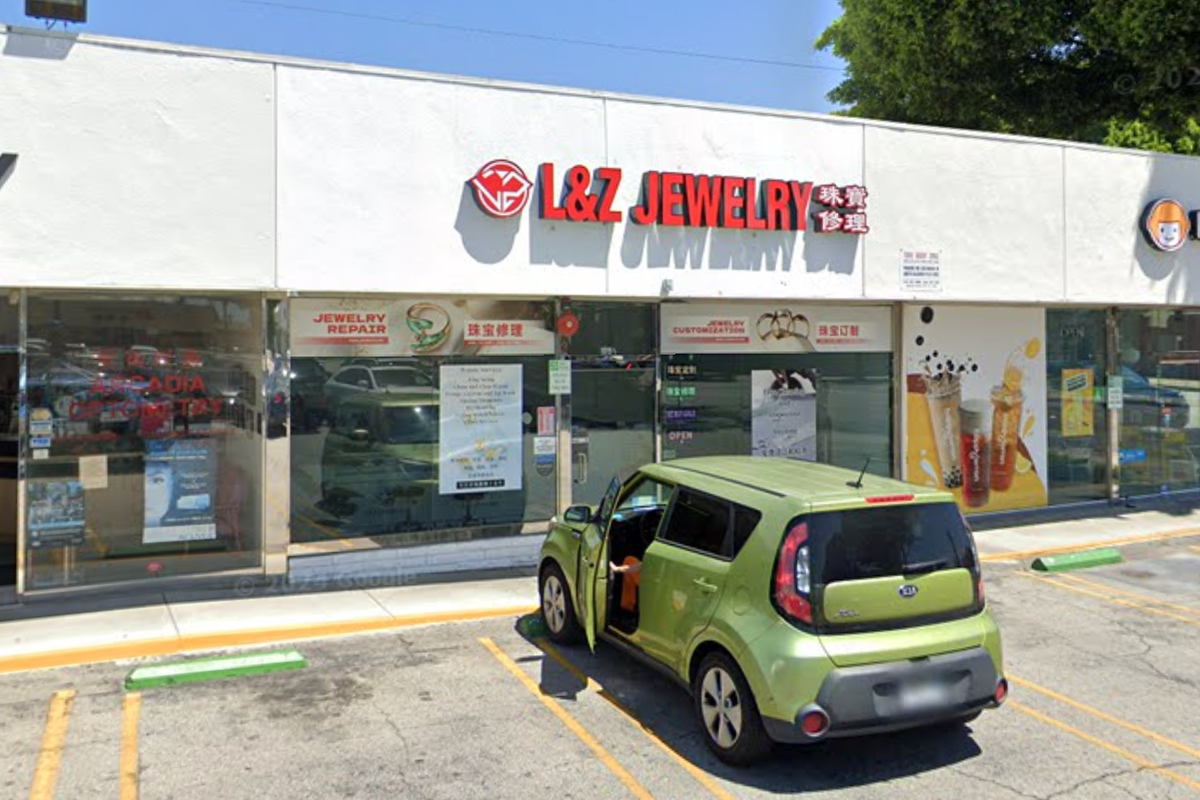Copyright dailytimes

The good news is that the IMF has approved a loan amounting to US$3.3 under various heads. It would provide a critical sigh of relief for the government that urgently needs funds to meet its various requirements. Helping the people of flood affected areas should be its first priority. At the same time, the IMF has warned the government to tighten its monetary policies. The subject of ‘monetary policies’ deserves to be defined in the greater public interest. First question that arises is maintaining the loss-making State Operated Enterprises in public interest despite their officially declared losses of Rs5.5 trillion in a decade. There’s no doubt in the statement as it was disclosed to the National Assembly panel. These SOEs must have been privatised before they incurred losses to the national exchequer. Same is the case with the national flag carrier, the PIA. It’s no less than a joke when a new date for its privatisation appears in the newspapers. The other huge gash we notice is the size of government, which primarily means the bureaucracy, its salaries, perks and privileges. So often we hear and read about a new ‘authority’ coming up with its staff and chief executive, which again means another dent to the exchequer. Public is aware of government intentions as to why the airline has not been privatised despite causing huge losses. The lifestyle of the bureaucrats and the judiciary is the majestic part of the story while the pitiable part is that the poverty line in the country has gone up from 40% to 45%, according to the World Bank. A certain class is getting richer while the poverty-stricken class is increasing in percentage. A newly built palatial white building on the Lahore Mall road in the GOR is meant as an office for the commissioner of Lahore division. Couldn’t he operate from a more modest structure? The monthly salaries of the judges touch millions of rupees but not to compare with the salary of the governor of the State Bank, which is about Rs4million a month. The monetary wizard makes more than a hundred thousand a day. On the other hand, the government is planning to levy a super tax on the taxpayers. The matter has been referred to the court and it’s under the good decision of the judicial bench established for the purpose. To meet the high cost of maintaining a large bureaucracy, the government has to impose heavy taxation, thus making raw materials expensive and unaffordable, which results in setting up new industries practically unfeasible. As a consequence, some multinational companies are leaving Pakistan. Leading among them are Proctor & Gamble, Caltex and Shell. The Pakistan Bureau of Statistics reported that large-scale manufacturing dropped by 10 percent annually in the last few years. On the other hand, the government complains that foreign investment is not transferring into the country. Recently, the Prime Minister asked the Power Division to develop effective policies to enhance domestic power output and industrial production. Interestingly, he said this when a few days ago, it was announced that Lesco would observe 6 to 8 hours power outages for the purpose of ‘routine maintenance of infrastructure, trimming trees and replacing weak cables’. One observes thin long power lines connecting tall poles installed on the canal bank. The power lines go through the tall trees on many sites and show deep sag in the air. Will these last is anybody’s guess. However, the cost of doing business formally by paying all the required taxes is far more than skipping to pay taxes by using underhand means. For instance, a businessman who provides warehousing services and pays heavy withholding tax on the source and yearly income tax has now been demanded to pay Rs2million as income tax. It is in addition to all the withholding taxes he paid throughout the year. It only discourages people investing in businesses and wishing to do honest business by paying all government taxes. Alternatively, they could resort to dealing by underhand means, avoid heavy taxation and swell their pockets. Ideally, the government may consider levying a low percentage of taxes on a large number of payers rather than tax few heavily. To tighten fiscal policies advised by the IMF, it needs to be supervised by the loaning agency itself. Years ago, the IMF had advised the government to privatise the huge loss-maker – PIA. Why does it still remain in the national inventory? Public is aware of government intentions as to why the airline has not been privatised despite causing huge losses. Vested interests of the high-ups is the plain answer. And who should bear the losses? None other than the helpless taxpayers! The writer is a Lahore-based columnist and can be reached at [email protected]



